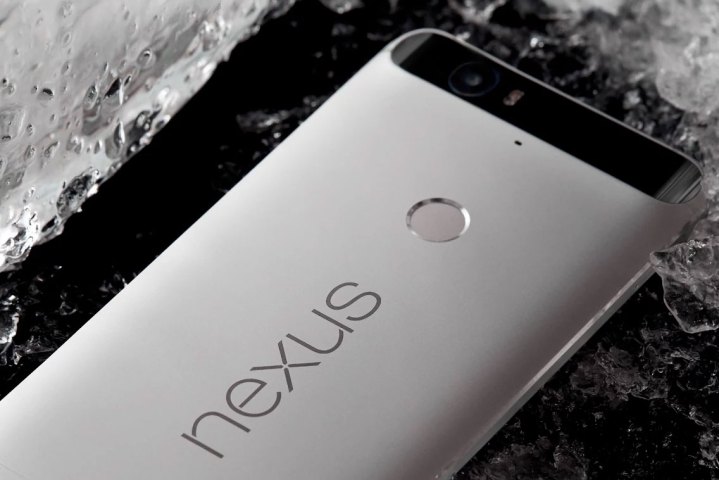
It would be the first time, as far as we know, that Google has made a deal of this kind. In the past, it has seemingly preferred to vary which manufacturer produces its Nexus devices, and although it has used several more than once, this has apparently been on an ad hoc basis. To give a three year deal to HTC would be a distinct change of direction for Google.
The report doesn’t go into any detail. For example, it doesn’t say whether any three-year deal includes the devices HTC is supposed to be making for 2016, or if it has been forged after checking those as-yet unseen phones. The wording implies that it’ll be three subsequent years though. It also doesn’t state whether HTC has been tasked with producing only phones. The company is responsible for the last Nexus tablet, the Nexus 9, which hasn’t been superseded since its launch in late 2014.
Should the report be accurate, it doesn’t mean we will only see HTC Nexus phones for the next few years. Google’s current Nexus range features two devices made by two different manufacturers, and there’s no reason why it won’t do that again in the future. If such a plan exists, then rumors of another three year deal with a different manufacturer may spring up. Perhaps Google wants to have tighter control over the design, features, and software implementation, and forming longer term working relationships will make this possible.
The 2016 Nexus phones aren’t expected to be made official until the latter half of the year.

